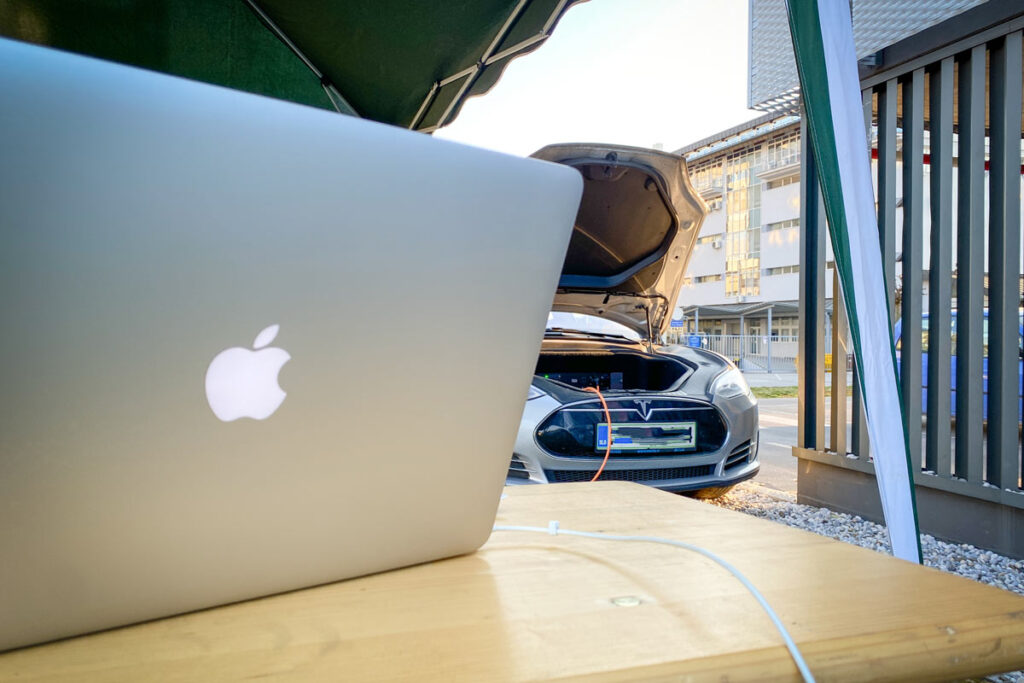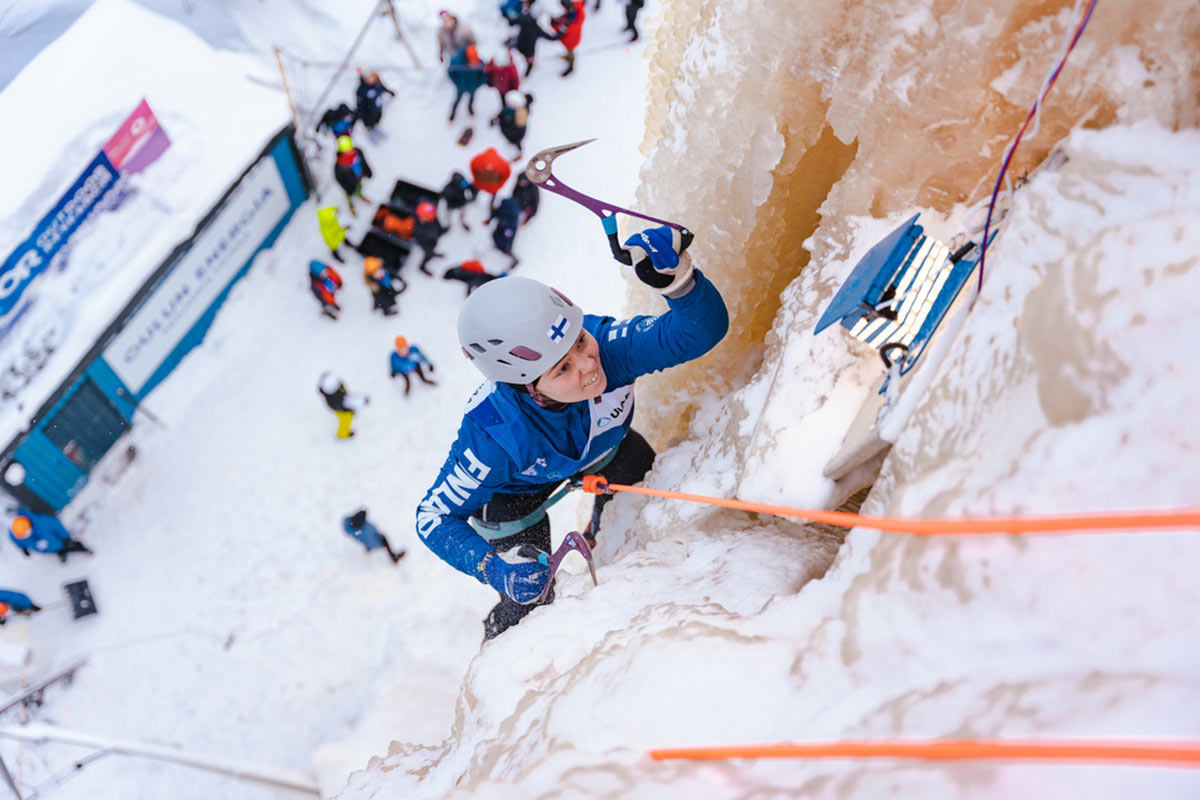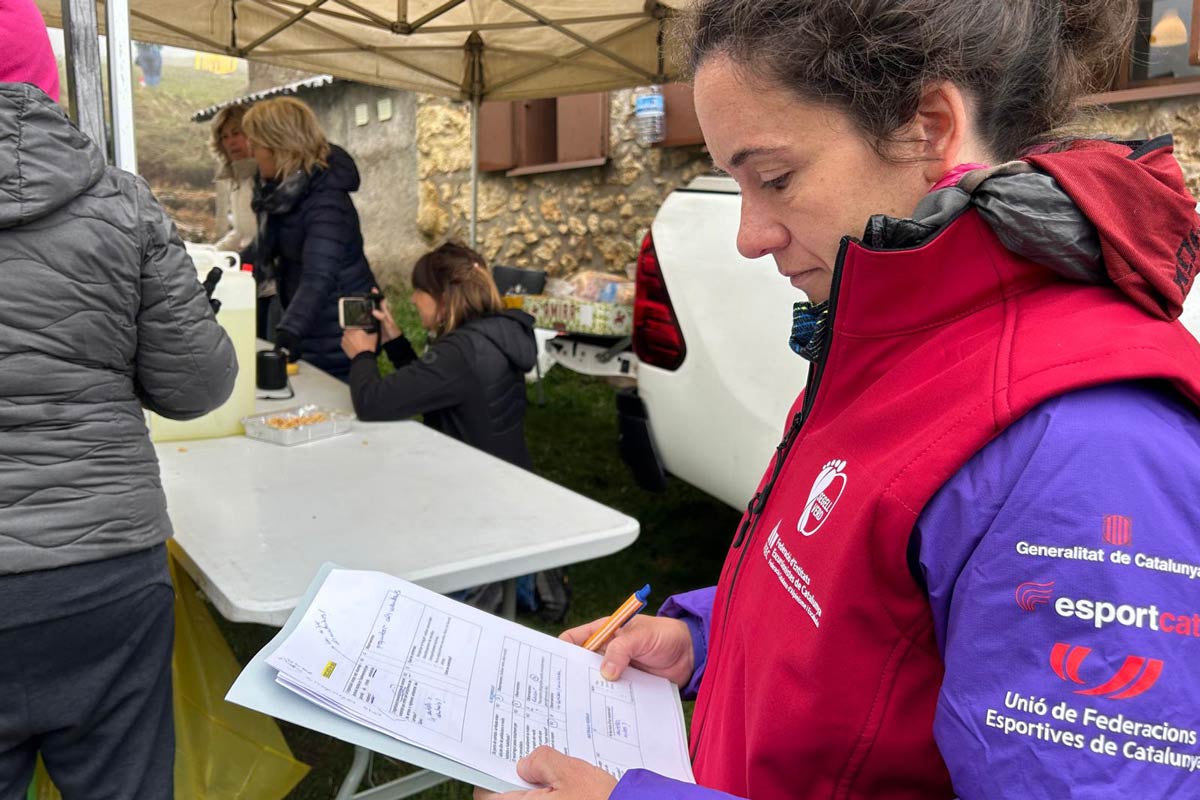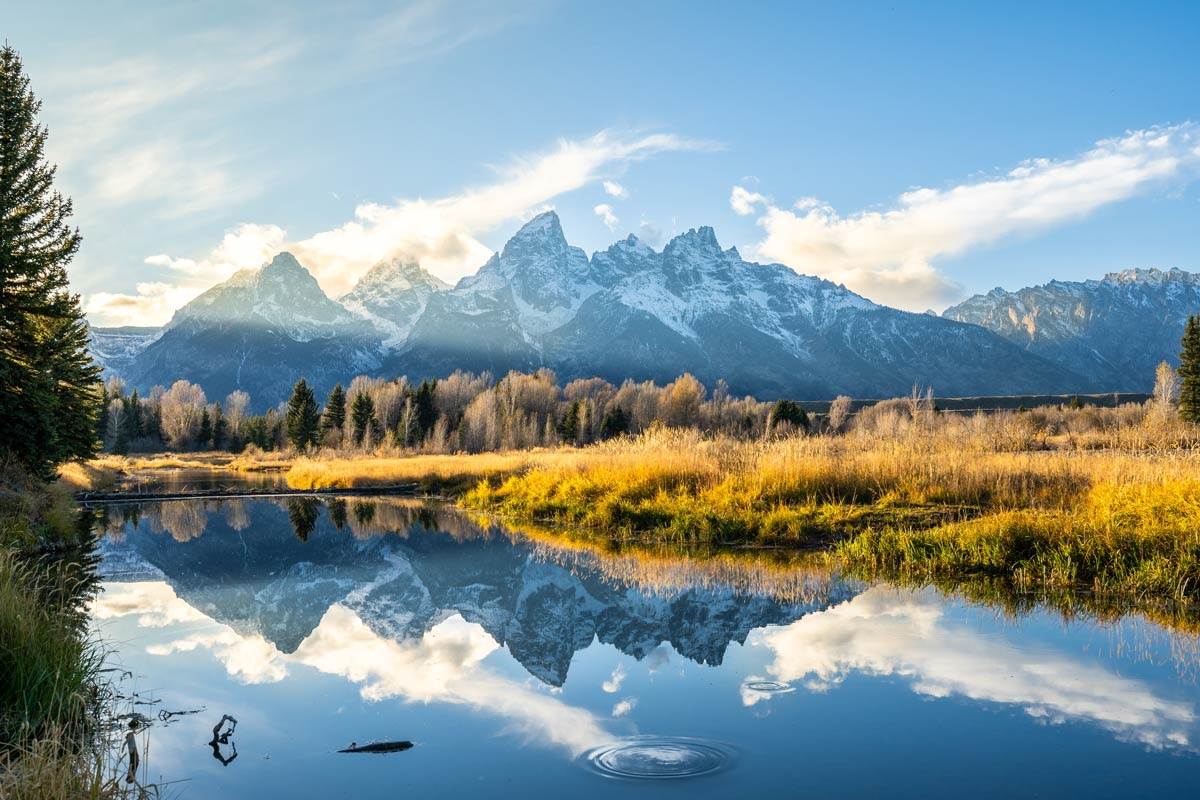The UIAA continues to investigate ways that it can make its competition events more sustainable.
Ahead of the 2021-22 UIAA Ice Climbing World Tour and for the first time, the federation put in place a dedicated Sustainability Plan for event organisers to adhere to. Through continued collaboration between its Mountain Protection (MPC) and Ice Climbing Commissions, the UIAA plans to make the guidelines even more stringent for coming seasons.
The Ice Climbing Commission wishes to highlight some of the progress made over the recent season:
- A number of athletes have embraced travelling to events via sustainable methods – for example the Dutch climbers Dennis Hoek and Marianne van der Steen travelled to all European Cup events in a Tesla. Many athletes have also committed to car sharing and organising ways to reduce the number of vehicles transporting climbers to events.
- All event organisers have committed to completing the UIAA carbon footprint calculator tool that was developed by the UIAA Office and the MPC, to allow the UIAA to set benchmark carbon footprint targets for all future events. The UIAA will aim to provide guidance on how organisers can be even more sustainable. This includes analysing the following areas:
- Creation of sustainable ice climbing structures
- Energy used for transport of competitors, staff and equipment
- Energy used at the event for music, computers, cameras
- Energy used for meals (transport, cooking, packaging)

- As previously communicated the UIAA Ice Climbing European Cup in Oulu, Finland proved a model event with the organisers, FINICE, using the UIAA Sustainability plan as a basis for more in-depth guidelines and measures adapted to the local reality.
- The Slovenian championship organised by UIAA Ice Climbing Commission member Andrej Pecjak was run in a very sustainable way with the following measures in place:
- The organiser kindly asked all the competitors to share the vehicles they use to come to the event (3-4 persons in one car) and not to use air transport. The Serbian team even did a step further and used a methane powered car to drive 800km from Cacak, Serbia thus reducing CO2 even more. All transport of the equipment and staff to the site was provided by electric vehicles charged by renewable energy.
- All the electric energy used for the competition (music, computers, cameras, electric tools etc) came from a Tesla Model S which was charged with solar energy the previous day.
- The organiser purchased food from local restaurants using only cardboard packing. There was no imported food available besides soft drink cans cans that were collected for recycling.
This season marked a significant juncture in creating more sustainable competitions. There is still a lot of work to be done. However, guided by both the UIAA Mountain Protection Commission and the recently created UIAA Climate Change Taskforce, the Ice Climbing Commission will continue to monitor progress and implement change.
To discover more about the UIAA Ice Climbing World Tour please click here.
Main image from FINICE 2022, credit Oskari Pajunpää



